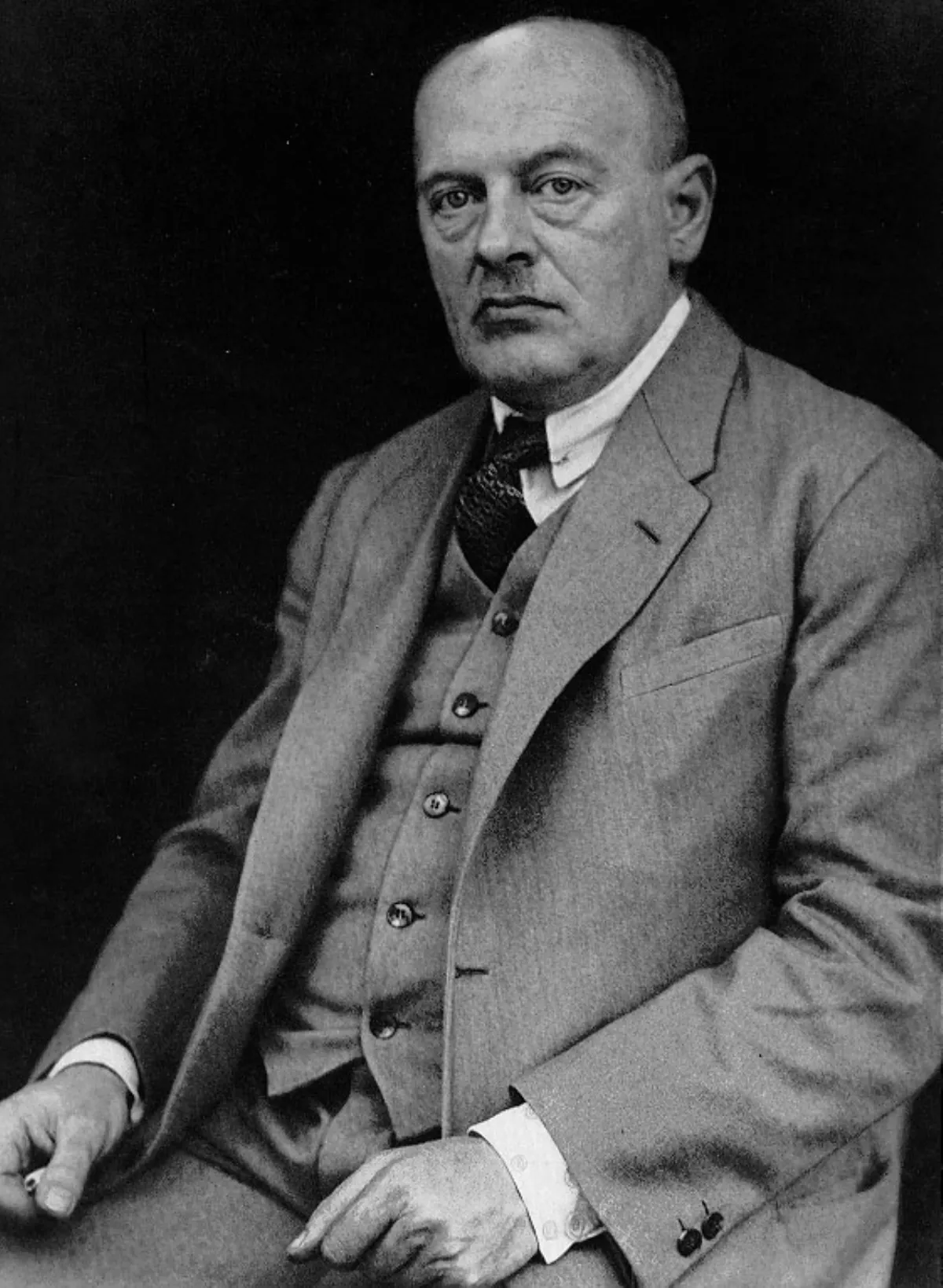 1.
1. Max Scheler was born in Munich, Germany, on 22 August 1874, to a well-respected orthodox Jewish family: his Catholic father had converted to Judaism in order to marry his mother.

 1.
1. Max Scheler was born in Munich, Germany, on 22 August 1874, to a well-respected orthodox Jewish family: his Catholic father had converted to Judaism in order to marry his mother.
Max Scheler began his university studies as a medical student at the University of Munich; he then transferred to the University of Berlin where he abandoned medicine in favor of philosophy and sociology, studying under Wilhelm Dilthey, Carl Stumpf and Georg Simmel.
Max Scheler moved to the University of Jena in 1896 where he studied under Rudolf Eucken, at that time a very popular philosopher who went on to win the Nobel Prize in Literature in 1908.
Max Scheler earned his habilitation in 1899 with a thesis entitled Die transzendentale und die psychologische Methode directed by Eucken.
Max Scheler became a lecturer at the University of Jena in 1901.
When his first marriage, to Amalie von Dewitz, ended in divorce, Max Scheler married Marit Furtwangler in 1912, who was the sister of the noted conductor Wilhelm Furtwangler.
Max Scheler had developed the habit of smoking between sixty and eighty cigarettes a day which contributed to a series of heart attacks throughout 1928, forcing him to cancel any travel plans.
The movement and act of love is important for philosophy for two reasons: If philosophy, as Max Scheler describes it, hearkening back to the Platonic tradition, is a participation in a "primal essence of all essences", it follows that for this participation to be achieved one must incorporate within oneself the content or essential characteristic of the primal essence.
Max Scheler planned to publish his major work in anthropology in 1929, but the completion of such a project was curtailed by his premature death in 1928.
In 1924, Man and History, Max Scheler gave some preliminary statements on the range and goal of philosophical anthropology.
Max Scheler argues that it is not enough just to reject such traditions, as did Nietzsche with the Judeo-Christian religion by saying that "God is dead"; these traditions have impregnated all parts of our culture, and therefore still determine a great deal of the way of thinking even of those that don't believe in the Christian God.